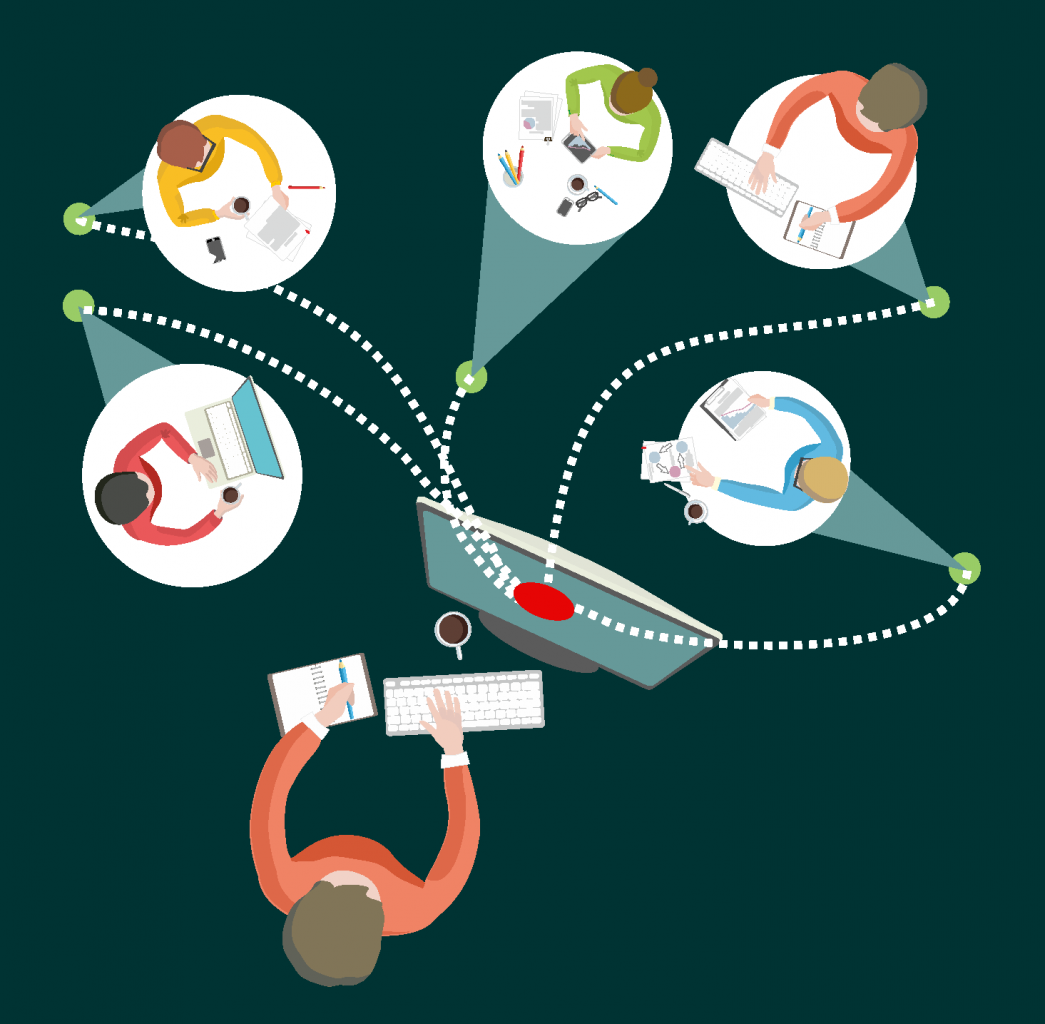What to Expect from Remote Auditing
by Patrick T. Copeland, CPA, Senior Associate
Posted on March 12, 2019
 We live in a world where information is at our fingertips and we expect our data to be a click away. News travels faster than it ever has in history. The world is evolving in the digital age, and relying less frequently on physical paper. In the auditing world, advanced technology is enhancing the procedures we perform and providing remote auditing opportunities.
We live in a world where information is at our fingertips and we expect our data to be a click away. News travels faster than it ever has in history. The world is evolving in the digital age, and relying less frequently on physical paper. In the auditing world, advanced technology is enhancing the procedures we perform and providing remote auditing opportunities.
Remote auditing is when the auditor utilizes technology to gain access to your accounting information system and other electronically stored documentation. It can also be as simple as scanning documentation and providing it electronically rather than having an auditor at your office to review it. However, this does not mean that you will never see an auditor at your business office, but it would reduce the time that auditors would be in your office.
Here are some tips to help your organization prepare for the future of finance and auditing:
- Evaluate your IT infrastructure. What documents are currently stored electronically, if any? Does your network support remote access via virtual private network (VPN)? Does your organization already have the capability to work remotely? Can this remote capability be granted to your audit firm to access your accounting system and documentation to minimize disruption?
- Ensure your IT department or third party vendors can setup scalable information technology systems for your growing technological needs (i.e., the right hardware and software to help at the beginning and in the long run).
- Ensure you have the latest security features for your information technology hardware/software (such as the secure use of VPNs and proper firewalls). You will also want to confirm that your data and any related hardware are properly protected (i.e., locked in rooms with limited access, backups if systems go out, etc.).
- Start scanning invoices, receiving slips, deposits, monthly bank statements and reconciliations, and any other documentation that you utilize on a daily basis. With this information being stored electronically, you should make certain that all confidential information is not visible on scans (i.e. personally identifiable information, credit card numbers, bank account numbers, etc.). Your scanned information could be housed by a third party cloud provider or with physical servers.
Now, this does not mean that this innovative use of technology will happen overnight, but it never hurts to plan ahead. HeinfeldMeech will also be discussing and starting remote auditing in the upcoming years. If you have any questions about the possibilities of this method of auditing, please feel free to reach out to any member of our team.